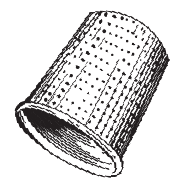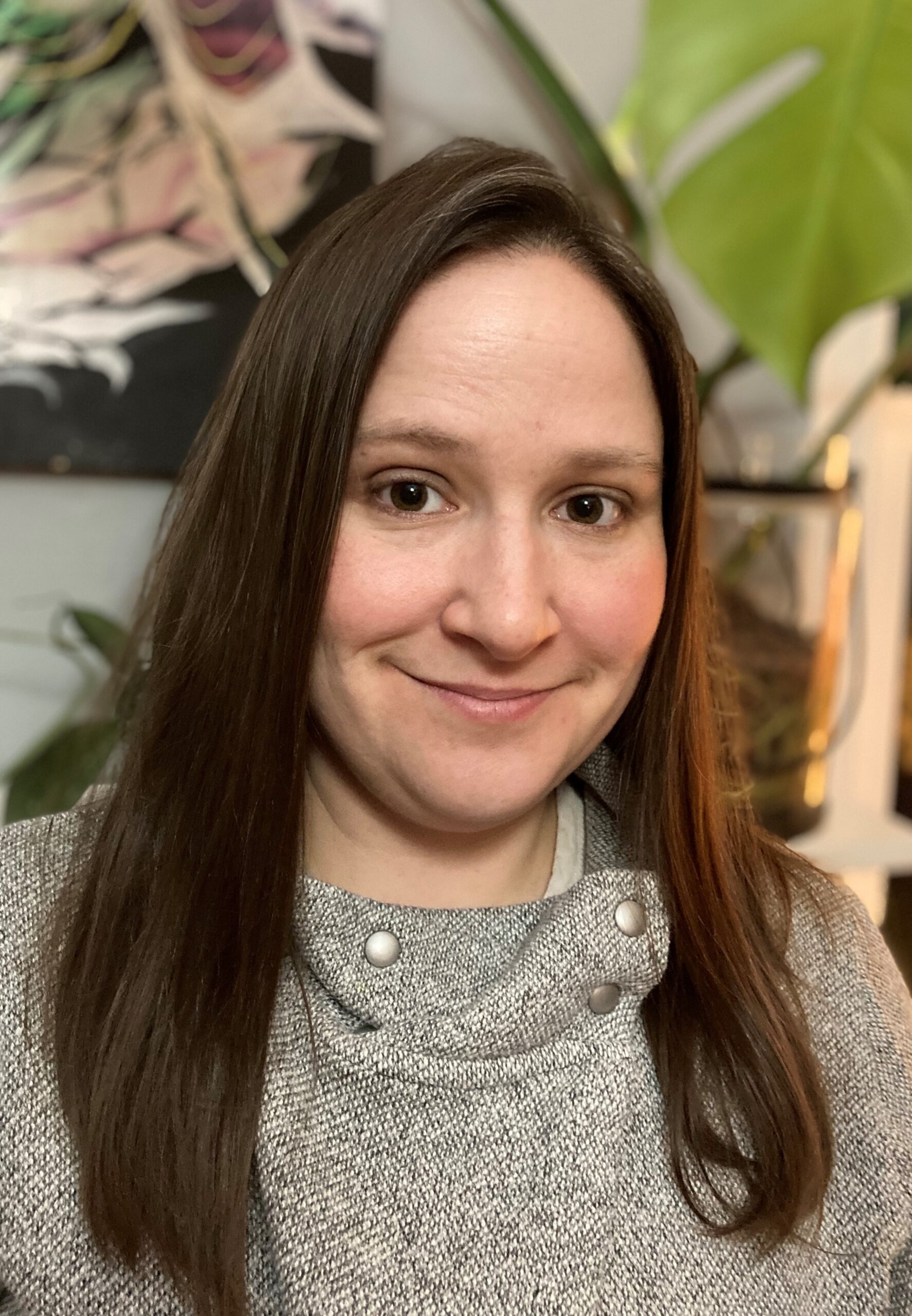Archer and Max lived next door to Kiki. She was five; Archer was six and Max, four. The three were inseparable in the quicksand way of all childhood friendships: shifting, enveloping, and vanishing.
Behind their houses sat a graveyard. Stone markers puckered the earth like ant hills. Through the slats of the fence, Kiki and Max admired the graves. They were enthralled to the dead, playing at lifelessness on the grass. Max would close his eyes, while Kiki knelt beside him, crying. They switched, and he cried for her. Sometimes, they were married, siblings, or parent and child. The relationships changed. The game remained the same.
Archer preferred to search for bugs or read. He would turn away from them as they played and yawn at death, preferring the living and imaginary.
Summer came and bewitched the graveyard. It became an enchanted place, full of purple clover, goldenrod, and lily of the valley. The grass was carpeted in regal newness and Archer wanted nothing more than to dance among all that fresh life and magic.
Because he was the oldest and default leader, when he climbed the fence, Kiki and Max followed. On the other side, they stopped in a stair-step line, Kiki between the two boys. Archer looked out at the glory of the sunlight against the stones and flowers. Kiki looked up at him, waiting. Max looked at her. He reached for her hand, but she pulled away. As Archer walked forward, Kiki reached for his hand, and he accepted hers. The two did not look back at Max, who stood watching the two people he loved most in the world go ahead of him.
The summer went on like this: Archer leading, Kiki at his side, and Max trailing behind.
In July, Kiki stopped playing with Max. For her birthday, she got an ant farm, which she and Archer spent hours watching.
In August, Archer told Kiki a secret and she kept it. Half the keeping was forgetting, but she told Max that it existed, which was enough to make Max rip out half a dozen pages of his brother’s favorite book.
In September, Archer and Kiki started school and Max was left alone.
Seasons passed. The next summer, Kiki’s family moved across town and the friendship left with them.
When the boys were men, married and fathers, they heard from their mothers that Kiki had died.
“Leukemia,” Mom said.
“So young,” Mama sighed.
At her funeral, Max and Archer stood shoulder to shoulder. The brothers hadn’t seen each other in nearly a year, although they lived less than a mile apart. Archer squeezed Max’s shoulder. Max touched Kiki’s cold face, half-expecting her to open her eyes and laugh.
“She looks so old,” Archer said.
“So do you,” Max said, but Kiki looked decades older than either of them, like the cancer had been a fast-forward button, careening her life to its end.
After, at the bar, the brothers drank in cold silence.
“She was a weird kid,” Archer said.
“She was lovely,” Max replied.
“Well, you were just as weird,” Archer chuckled.
They drank another two rounds without speaking.
“I gotta go,” Archer said, standing.
Max didn’t reply. Archer put an arm on his shoulder.
“Max, we barely knew her,” he said. “You’ll be alright.”
Max said nothing. Archer paid the tab and left. A fleeting thought danced through Max’s brain: he wished he’d never have to see Archer’s smug, stupid face ever again. It was a childish, brotherly thought. He shook his head to dislodge it and when he got home, curling into bed next his husband, he felt nothing but affection for his stoic, logical brother.
In the morning, when the call came in, he kept repeating, over and over, “My fault, my fault, my fault.”
His husband held him. Later, he asked him: “How much did Archie drink?”
Max shook his head. He felt Archer’s hand on his shoulder, heard his last words again and again. Had he slurred them? He remembered the thought, which ricocheted around his mind, a niggling bug that would forever pop up in his darkest moments to remind him of everything he should have done differently.
“My fault,” he whispered.
Max never forgave himself for the thought, or the accident, or his mothers’ tears, the way they stopped smiling, their hair and faces graying into sudden old age. He never forgave himself for the childhood game, which felt like a premonition, like a spell he’d carelessly cast. He never forgave himself for living.
But live he did, through grown children, grandchildren, even four great-grandchildren.
Finally, as an old man on his deathbed, he recalled that moment in the graveyard in all its devastation and splendor: the sparkling quartz, the violet and golden ground, the pink ribbon in Kiki’s yellow hair, the red of Archer’s tee-shirt, and the feeling, deep inside him, like his stomach was being squeezed, pulled, and rubbed with sandpaper. Max thought, This must be what death will feel like, not an emptiness, but everything, the rush of life becoming far too much to bear.
He took a deep breath and followed them. He would follow them anywhere.


